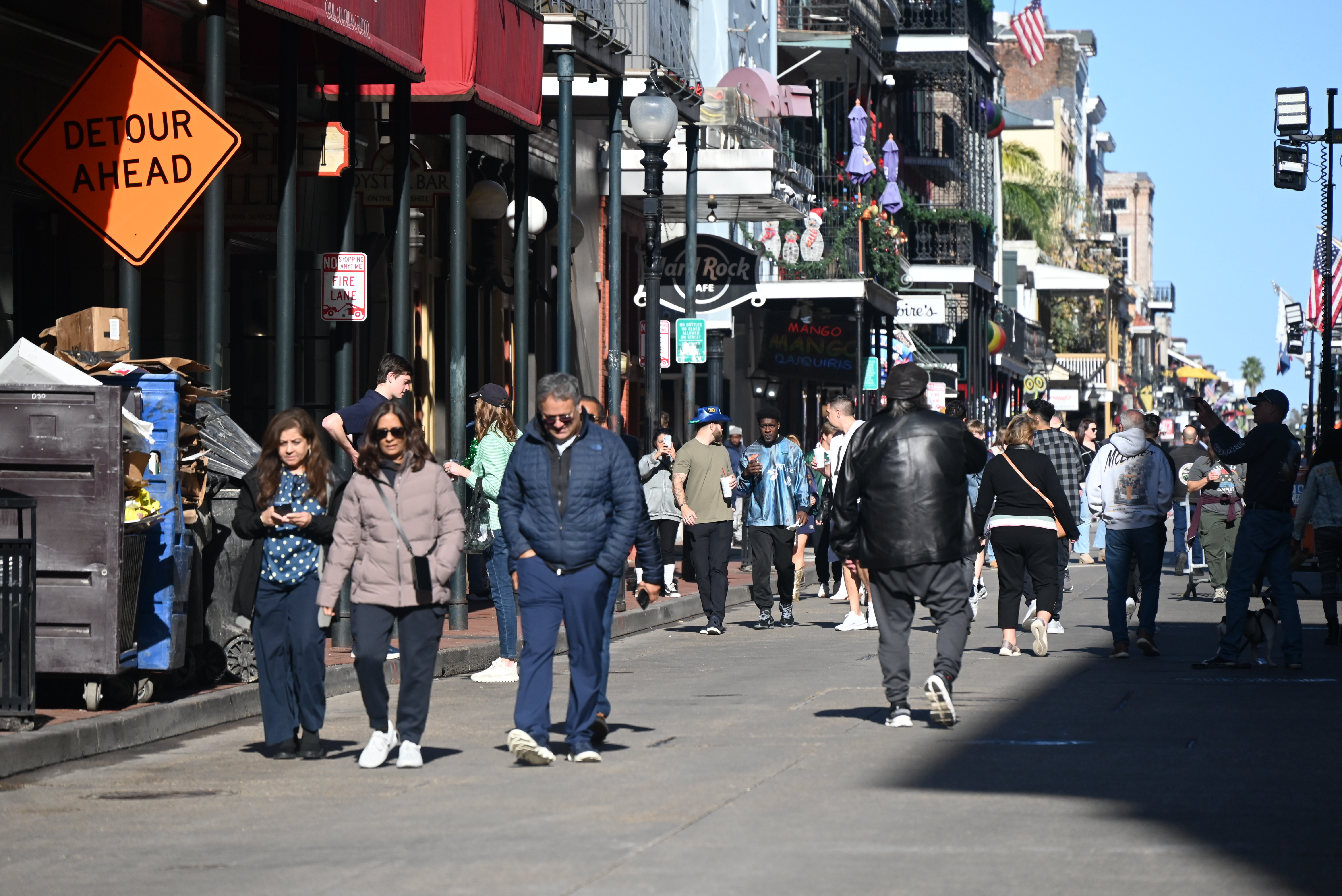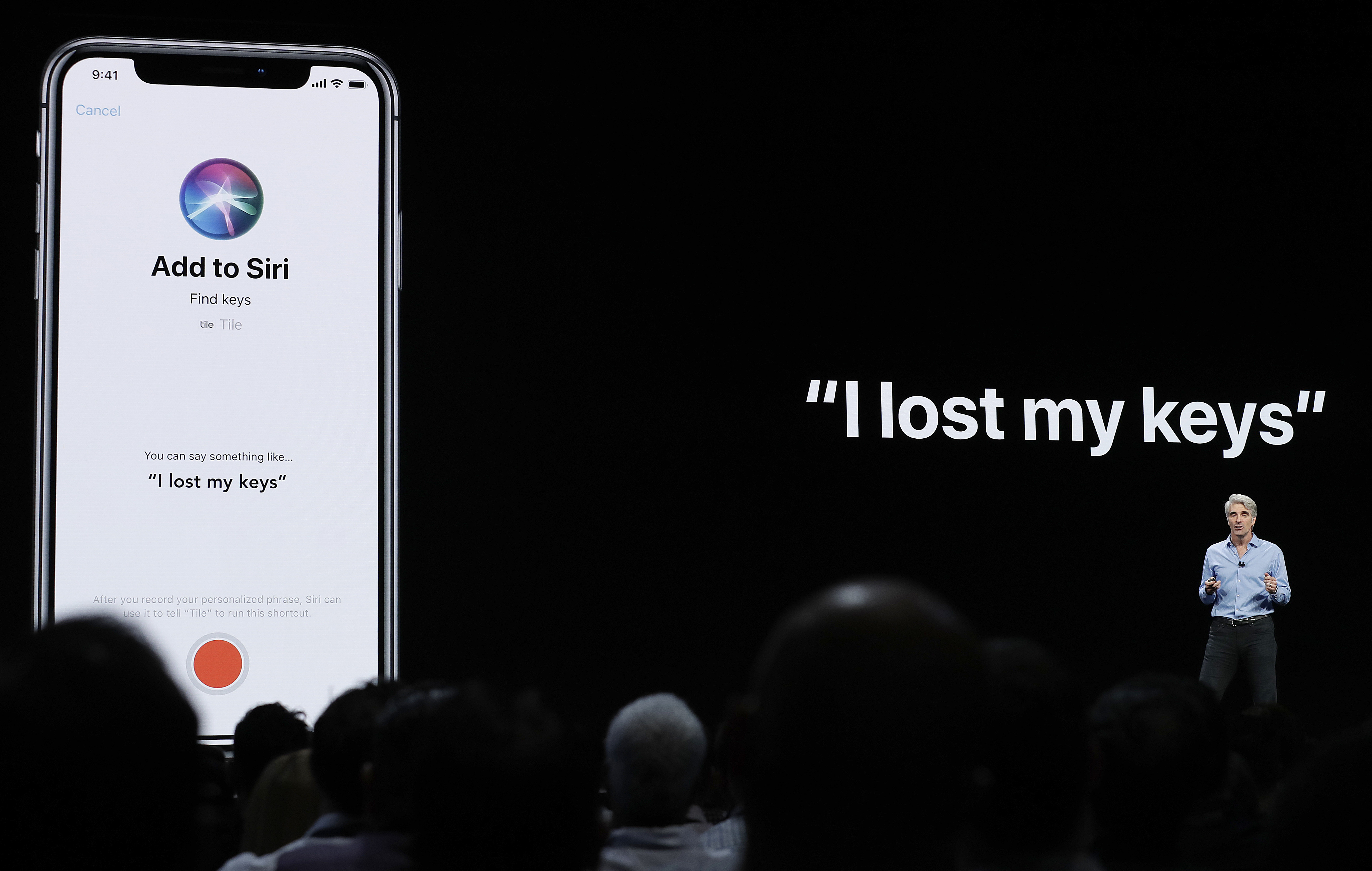UPDATE: Russian journalist Arkady Babchenko is alive. The Ukrainian Security Service told a news conference on Wednesday the agency faked Babchenko's death to catch those who were trying to kill him. Read the story here.
—
Below is the earlier story, based on fabricated information from Ukrainian authorities:
A Russian journalist harshly critical of the Kremlin was shot and killed in the Ukrainian capital Tuesday, and the national police said they are assuming he was targeted because of his work.
Ukrainian police said Arkady Babchenko's wife found him bleeding at their apartment building in Kiev and called an ambulance, but Babchenko died on the way to a hospital.
Police said he had multiple gunshot wounds on his back.
"The first and the most obvious version is his professional activities," Kiev Police Chief Andriy Krishchenko said in televised comments.
U.S. & World
Harlem Desir, the media freedom representative at the Organization for Security and Cooperation in Europe, said he was "horrified" by Babchenko's death.
"I call on Ukraine authorities to conduct immediate & full investigation," he tweeted.
The Committee to Protect Journalists in New York said on Twitter that "Ukrainian authorities should conduct a swift and thorough investigation" into Babchenko's murder.
Babchenko, 41, was scathingly critical of the Kremlin's policies, assailing Moscow's annexation of Crimea, its support for separatist insurgents in eastern Ukraine and the Russian campaign in Syria.
Ukrainian and Russian officials immediately traded finger-pointing over his death.
Anton Gerashchenko, a Ukrainian lawmaker who serves as an adviser to the interior minister, said on Facebook that investigators would be looking at "Russian spy agencies' efforts to get rid of those who are trying to tell the truth about what is going on in Russia and Ukraine."
Gerashchenko said Babchenko's killer was waiting for him on the staircase inside the journalist's building and shot him in the back as he was going out to buy bread.
Ukrainian police released a sketch of a suspect based on witness descriptions of a gray-bearded man in his 40s wearing a baseball cap. They said the gunman may have had accomplices.
In Moscow, officials and lawmakers criticized Ukrainian authorities for their alleged failure to protect journalists.
Mikhail Fedotov, the head of the Kremlin Human Rights Council, said Babchenko's slaying was a "clear provocation." The Russian Foreign Ministry said in a statement that "bloody crimes and total impunity have become routine" in Ukraine.
Another renowned journalist, Pavel Sheremet, a native of Belarus who had worked for Russian media outlets in the past, was killed in a car bombing in central Kiev in July 2016. The case has remained unsolved.
"Ukraine is becoming the most dangerous country for reporters," Russian lawmaker Yevgeny Revenko said in remarks carried by the state RIA Novosti news agency.
In March 2017, renegade Russian lawmaker Denis Voronenkov was shot and killed at the entrance of an upscale hotel in Kiev. Ukrainian prosecutors alleged that Voronenkov, who had toed the Kremlin line while serving as a Russian lawmaker but turned into a Kremlin critic after his 2016 move to Ukraine, was killed on orders from a Russian crime lord.
Babchenko served in the Russian army and fought during the first separatist war in Chechnya during the 1990s. He later became a journalist and worked as a military correspondent for several Russian media outlets. He also published several books based on his wartime experiences.
Some of his articles and posts outraged many Russians. In one, he said he felt no regret about the deaths of Russian army choir members and others from a December 2016 plane crash as they were heading to perform before Russian troops in Syria. Several Russian lawmakers even called for stripping Babchenko of his citizenship over the comment.
Babchenko left Russia in February 2017, saying he was receiving threats and concerned he might be jailed.
He moved to Kiev last fall, where he worked as a host for the Crimean Tatar TV station, ATR.
Just hours before he was shot, Babchenko wrote on Facebook that he narrowly escaped death exactly four years ago when the Ukrainian military refused to take him on a helicopter heading to the front line in eastern Ukraine. The aircraft was shot down minutes later.
"I was lucky, it was my second birthday," he wrote Tuesday.



